

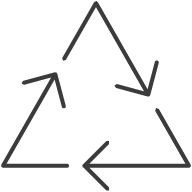
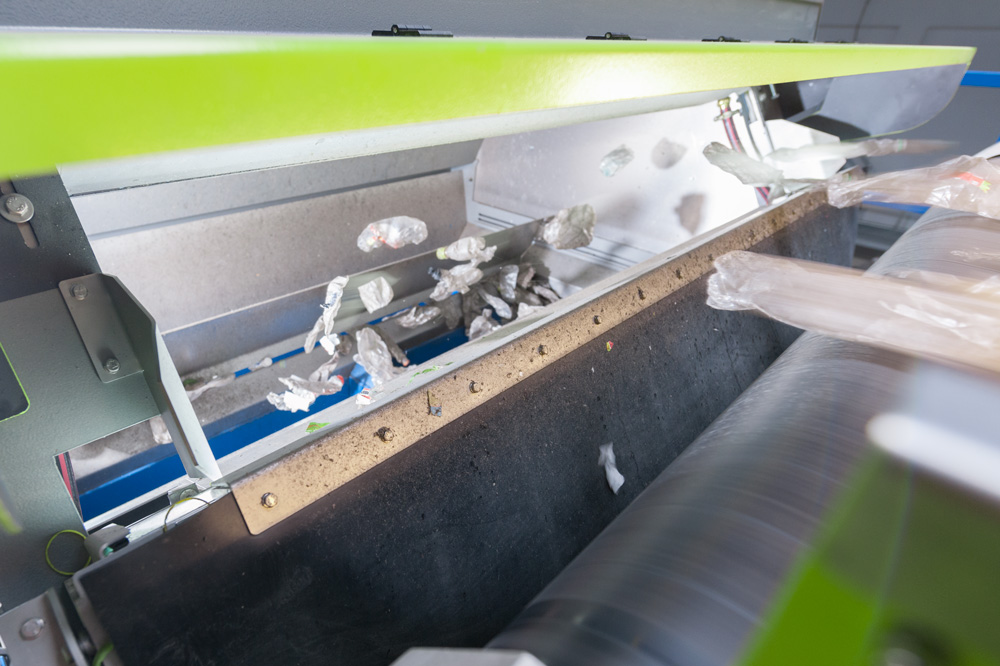
Addressing climate change and establishing a circular economy are some of the top priorities of our time. These projects present manufactures, processors, and recyclers of plastics with a variety of challenges, but also offer numerous opportunities. The global approach to plastic must be rethought – from legislation, to the development of new packaging materials, to innovative recycling technologies and use concepts.
Recycling saves energy, and used plastics are
often cheaper than virgin material. Furthermore, each ton of recycled plastic used in place of comparable
virgin material saves between 1.45 and 3.22 tons of greenhouse gases. However, recycling
used plastics is only a profitable venture if the material has previously been
separated into homogeneous fractions by color and type in order to live up to
high quality standards. Our sorting systems are there to handle the job – sorting PET, HDPE, PE, and PVC with precision, reliability
and efficiency.
Sesotec is one of the leading specialists in industrial plastics-sorting
machines and systems. Our systems reliably differentiate between materials
using various types of sensor technology and efficiently separate material
flows into homogeneous fractions by color and type.
Material analysis systems from Sesotec are used in quality laboratories to inspect outgoing goods. Previously, material analysis had to be carried out in a time-consuming, manual process. In just a few minutes, Sesotec analysis systems generate consistently high-quality and reproducible reports on the composition of plastic types and color errors.
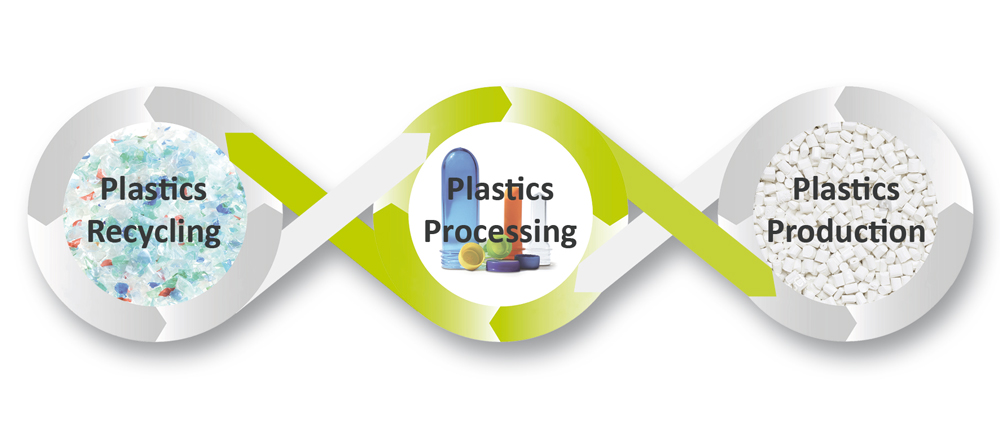
Why is plastic recycled?
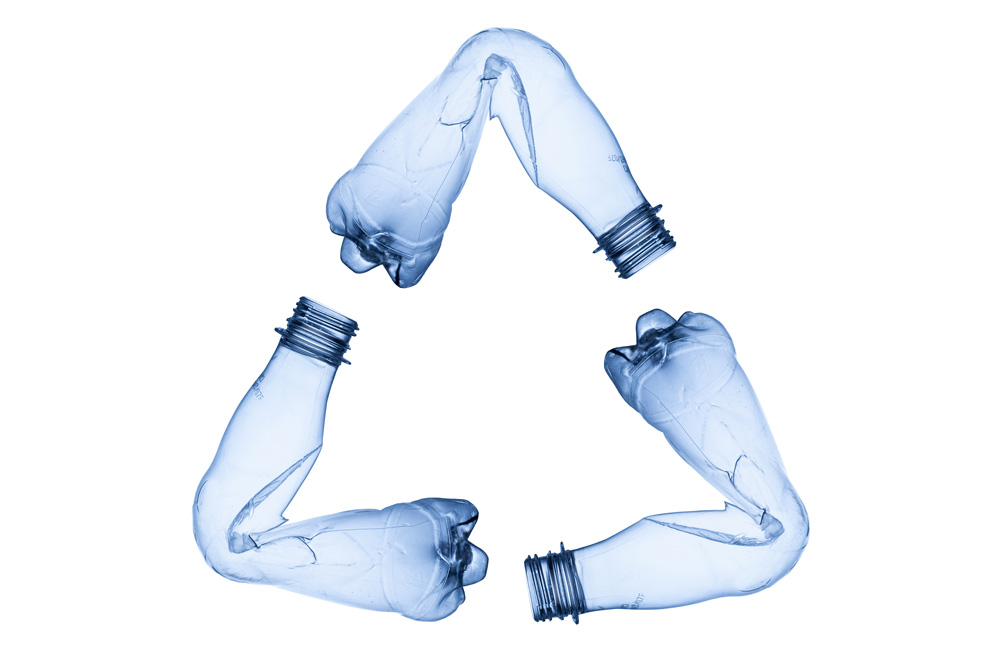
Recycling helps businesses that process plastics become more independent of fossil feedstock and cushion the rising costs of raw materials. Recycled plastics can serve as an equivalent substitute for new, crude-oil-based materials in many applications. In addition, they can be recycled in many ways. For example, PET bottles can be turned into PET bottles (bottle-to-bottle principle) and textile fibers, polystyrene can be turned into pens, and CDs can be transformed into computer cases.
What are the challenges?
Plastics collected for recycling must have a high degree of purity. Only then can they be economically recycled and introduced back into the production cycle as high-quality materials. However, sorting certain plastics can place complex demands on the sorting system. Our separation and sorting systems remove contaminants, such as metals, wood and extraneous plastics, from the material and separate mixed material flows into homogeneous fractions by color and type. To ensure safe detection, the systems are equipped with features such as near-infrared sensors and high-resolution CCD cameras.
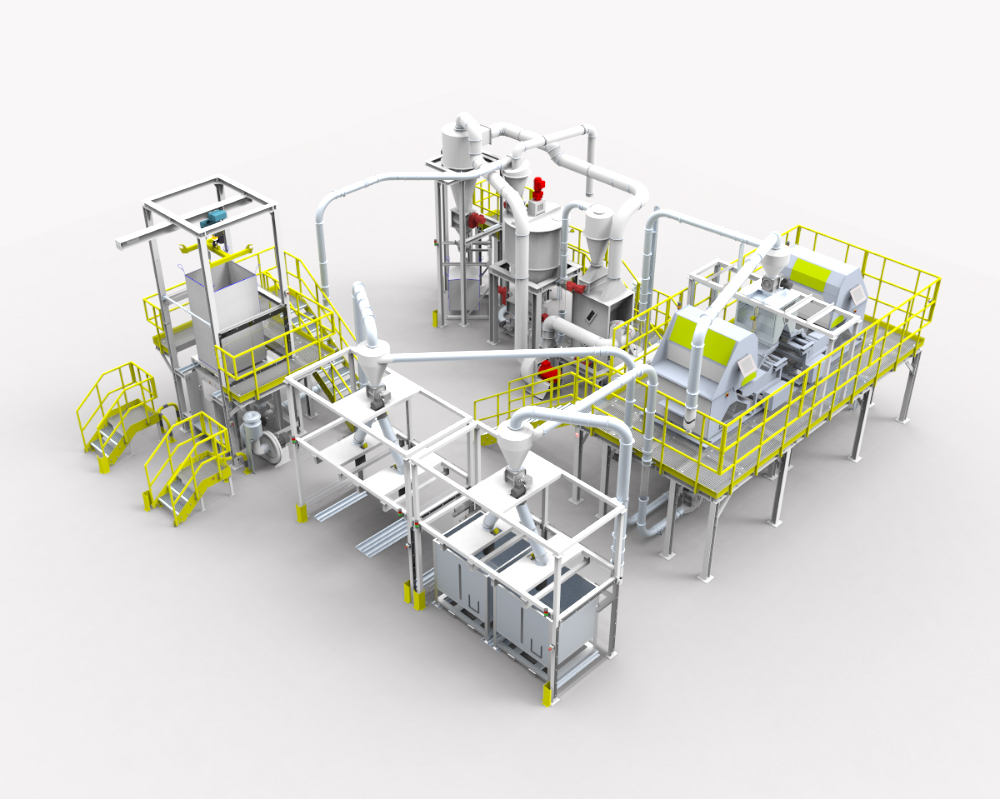
Sesotec also
offers complete small-scale plants for plastic flake sorting with screening,
air classification, optical sorting and material handling
What are the advantages of our systems?
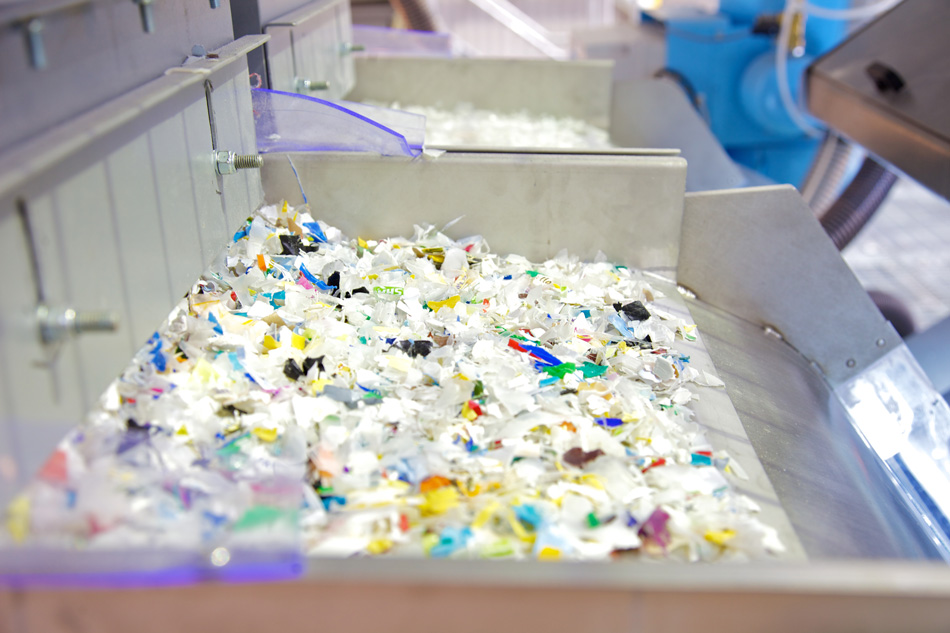
Our sorting systems work with precision, speed and efficiency. Better material quality, greater throughput levels and less loss of material increase added value. As a result, the purchase of equipment amortizes rapidly. The machines can also reliably handle complex sorting tasks. They are used to pre-sort materials, perform quality checks, as well as sort or separate the following:
All Sesotec systems have a modular design. Depending on the application, the components that are necessary for a specific sorting task can be combined in one machine.
What products or materials are sorted?
Sesotec systems sort plastic bottles and cups, as well as plastic regrind and “flakes” − plastic pieces that are created during the process of recycling PET bottles. A granulator shreds the bottles at the recycling plant. After this step, the sorting system separates the pieces by color and removes contaminants. This results in homogeneous granulate based on color and type, which can be turned into new, high-quality products. Recycling rates of up to 100 per cent are possible with the use of Sesotec systems for recycling plastic.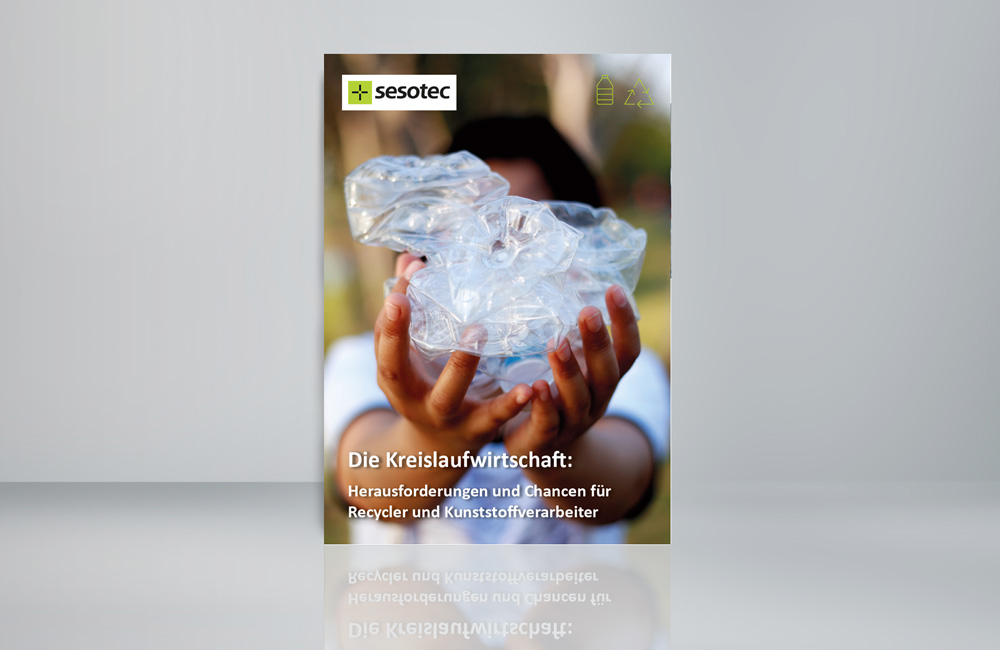
The plastics industry is under pressure. Between climate change, excessive consumption of finite resources, and vast amounts of plastic waste in the world’s oceans, plastics are coming to be seen in a different light by politicians, businesses, and consumers alike. Read in our e-book about the most important factors of a functioning circular economy, especially which challenges and opportunities exist for recyclers and plastics processors.
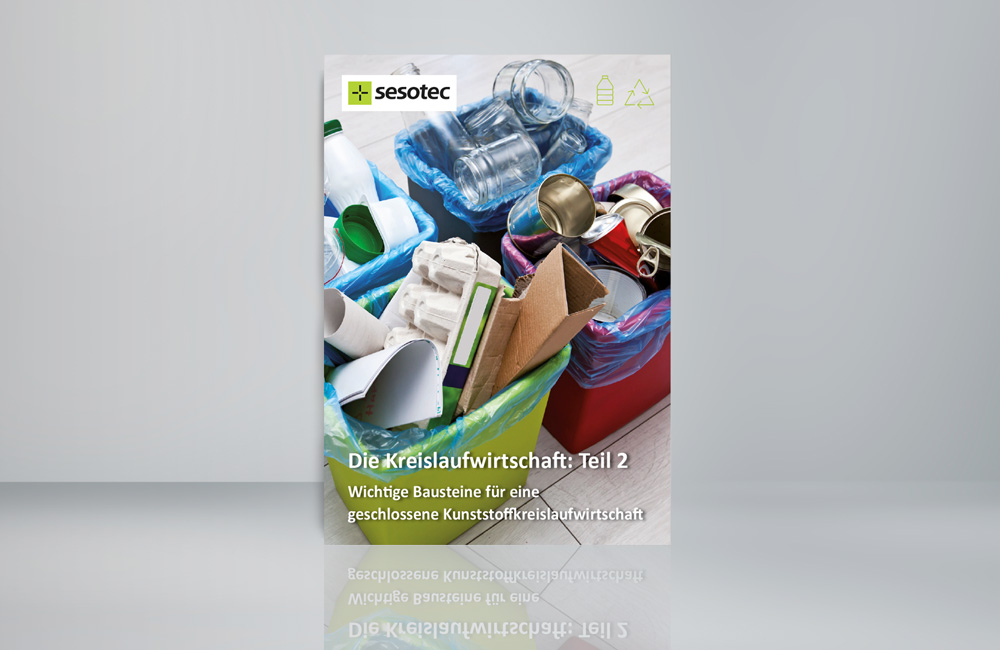
Which building blocks are necessary for a closed-loop plastic circular economy and which important parameters there are to close the loop, we will go into in the second part of the
"Circular Economy"
article series.

In this white paper, we explain the developments in the field of artificial intelligence for sorting recycling and show how you can benefit from them to make your processes more precise, more sustainable and more profitable.
Download
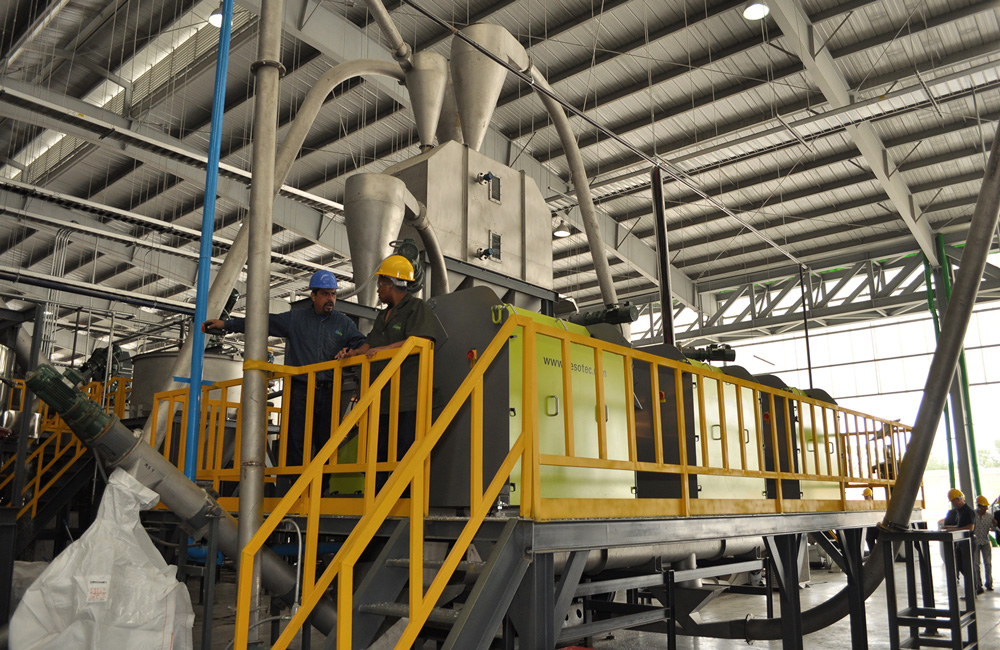
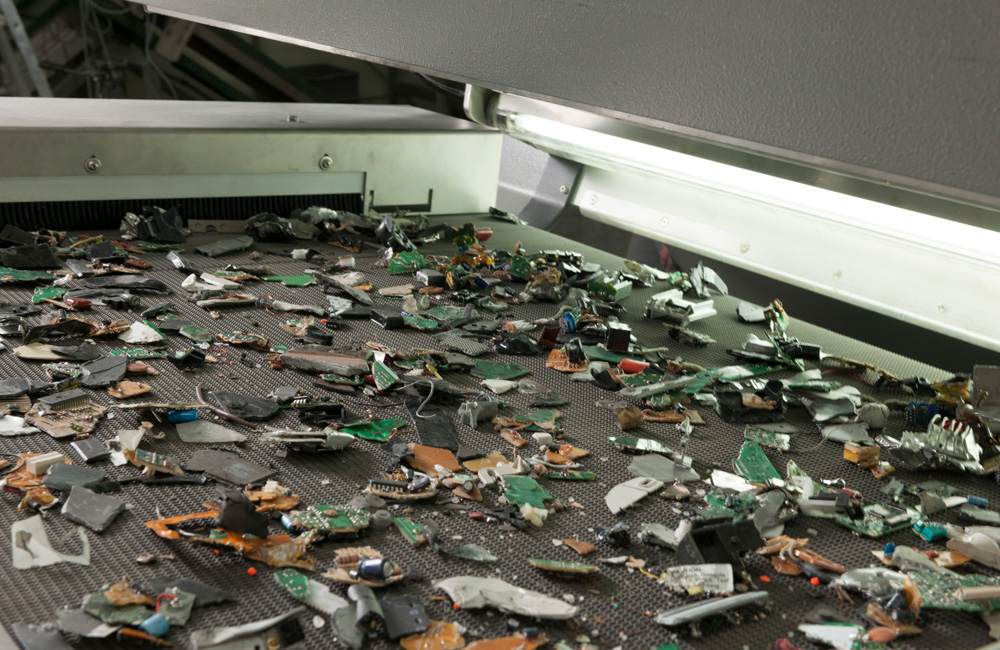
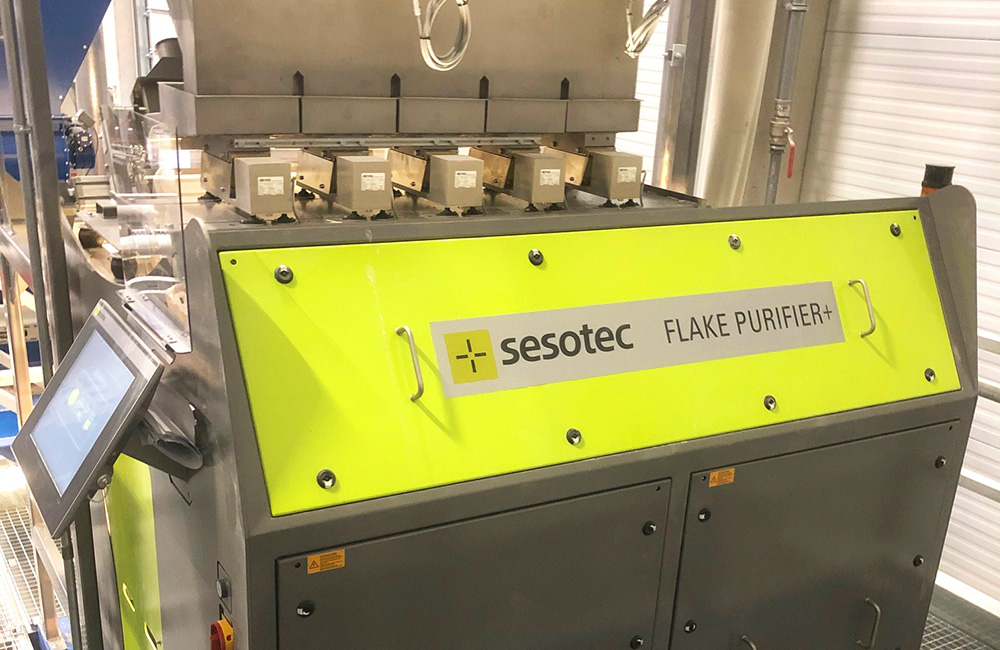
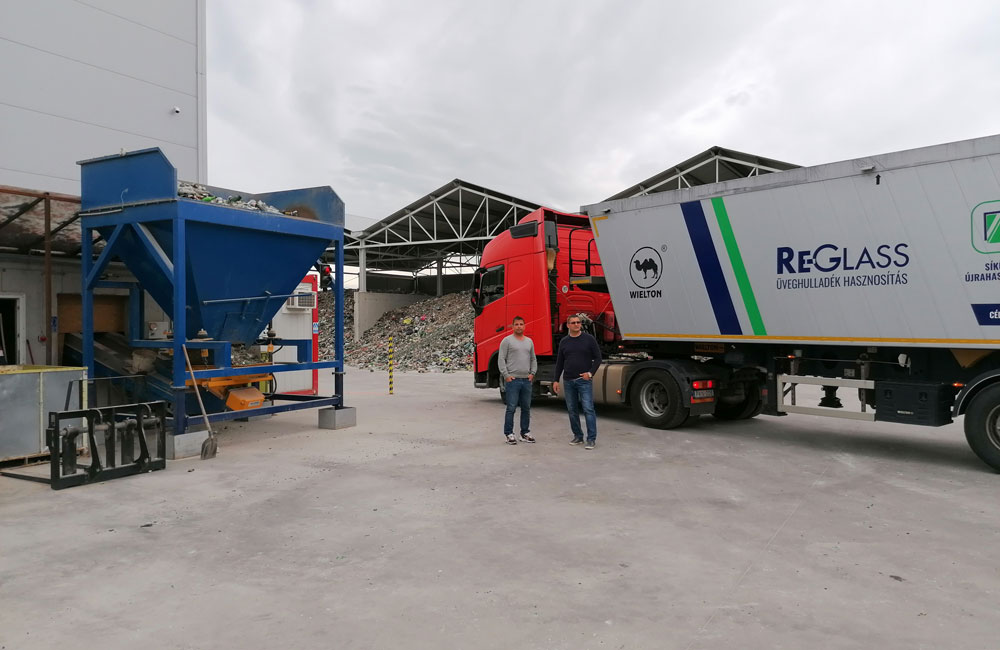
Foreign materials posed the biggest challenge to the new plant.
Contaminants such as ceramics, stones, porcelain (CSP), metals, paper,
and plastics comprise as much as 15 to 20% of the total weight of all
collected glass waste. To overcome this challenge, KRS supplied a
sorting system that meets these requirements.
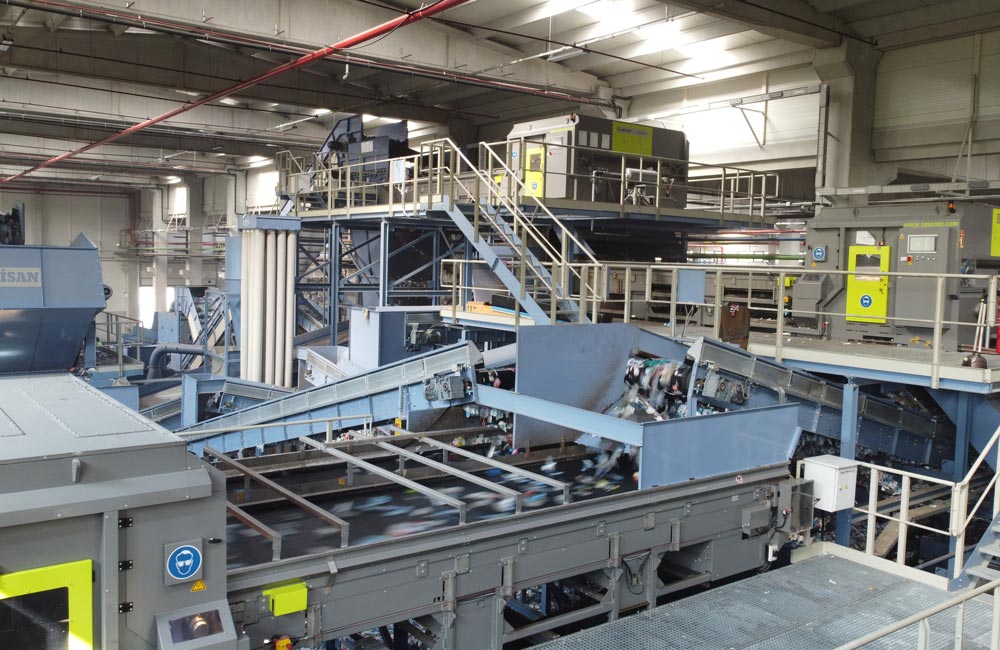
In a plant equipped with stateof-the-art (sorting) technology, Futurapet recycles plastic waste. The secondary raw materials obtained are returned to the plastics processing industry. When Futurapet was founded, General Manager Oğuz Engin and his t eam were looking for innovative solutions that efficiently deliver high-quality end products.
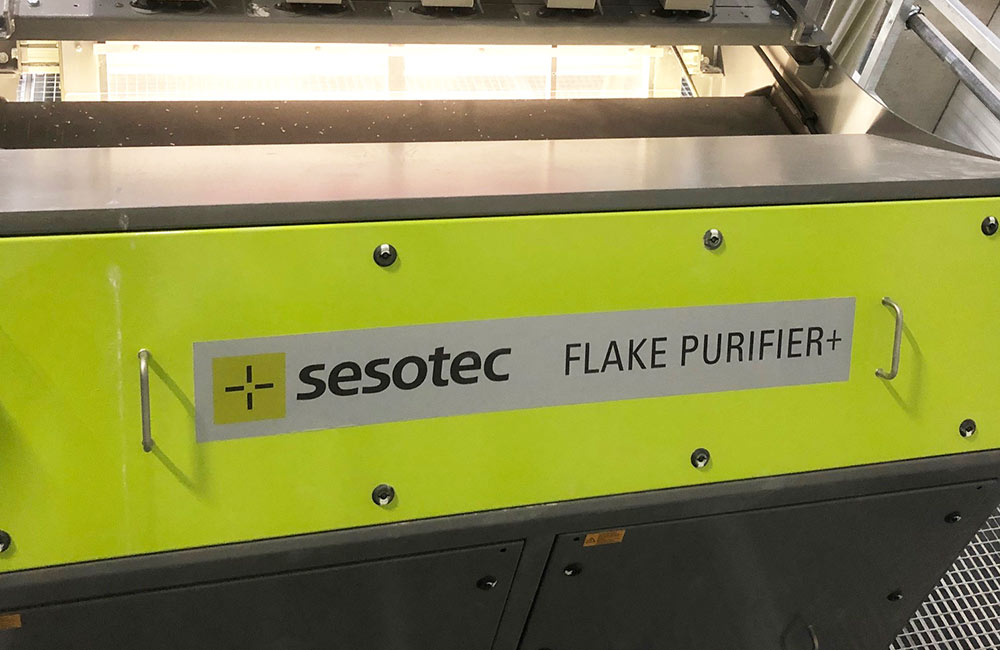
Reiling relies on sound quality inspection with sorting and material analysis systems from Sesotec
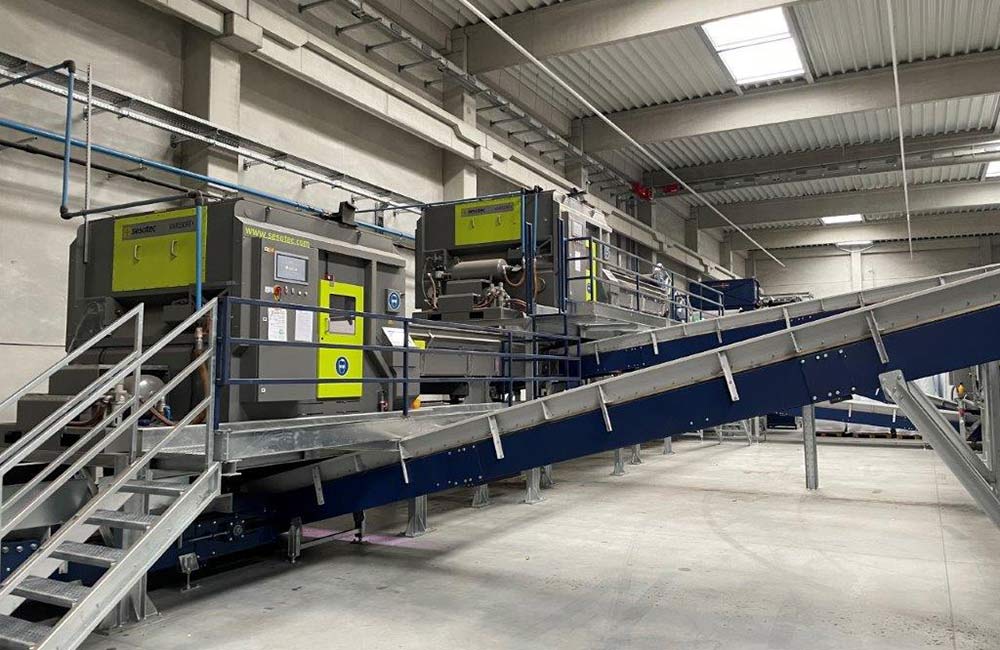
Reliable and precise sorting with multisensor sorting systems from Sesotec
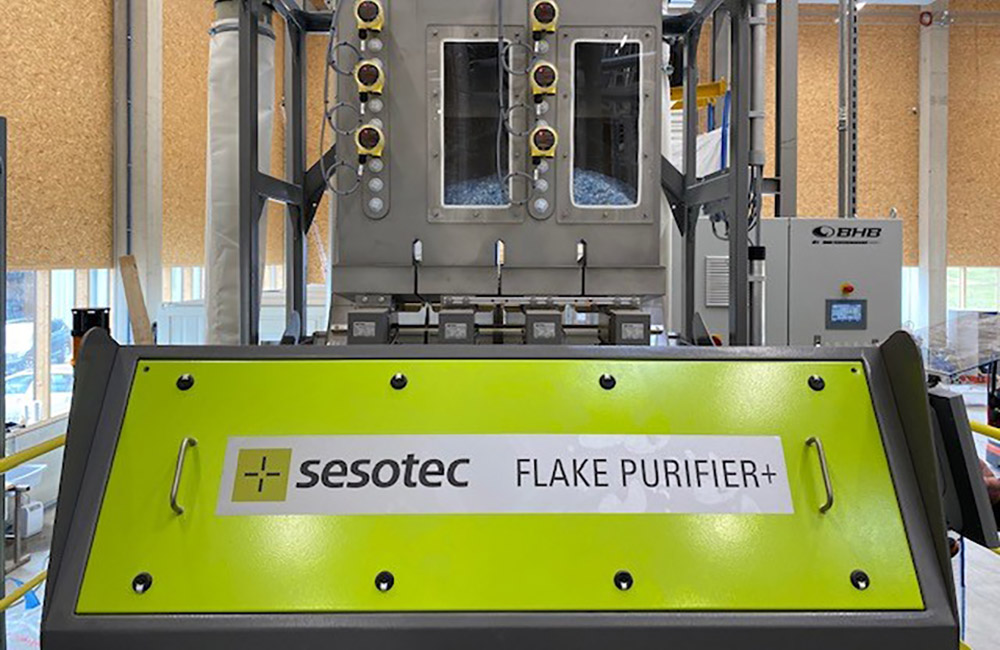
Mission PET sees the circular economy mission in the consistent implementation of PET recycling. The bandwidth for the use of recycled PET material is diverse. However, only high-purity rPET material also meets the requirements that correspond to those of virgin material. The demands placed on the recycling process for preparing the PET material are correspondingly high. Best decontamination and material cleaning of the PET starting material are the prerequisites for maximum purity of the end product.

Thanks to the new Sesotec technology, more valuable, dark cullet remains in the material cycle. The proportion of glass recovered is significantly increased once again and can be used to add value in high-quality melting applications.

Like in most recycling processes, companies such as World PET Recycling face the challenge of removing contaminants from recycled PET to meet the strict quality standards for food-grade materials.
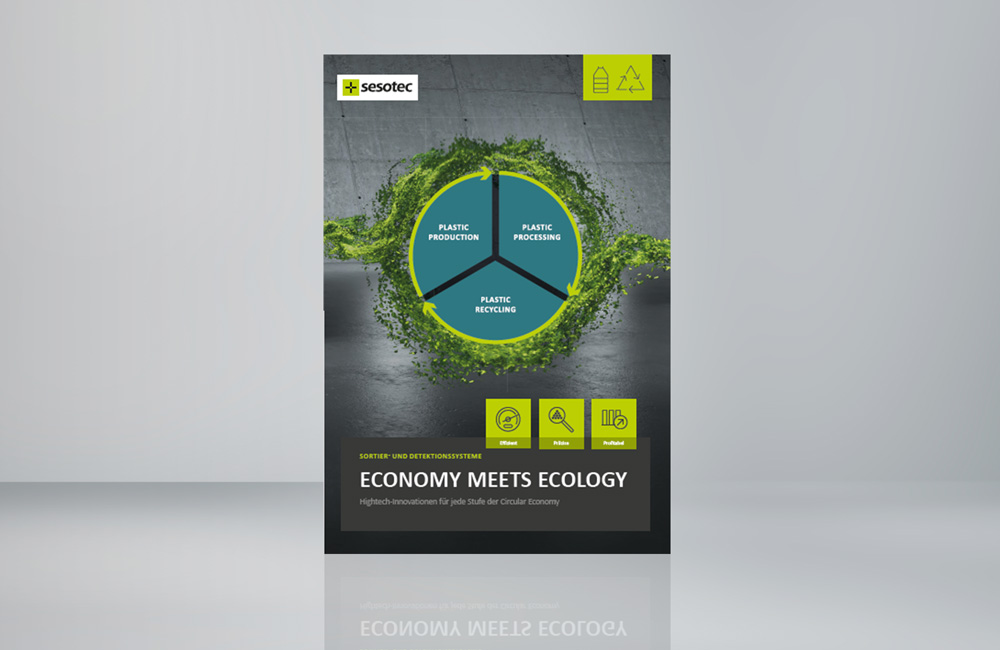
Sorting and Detection systems for every stage of the Circular Economy in the plastics industry.
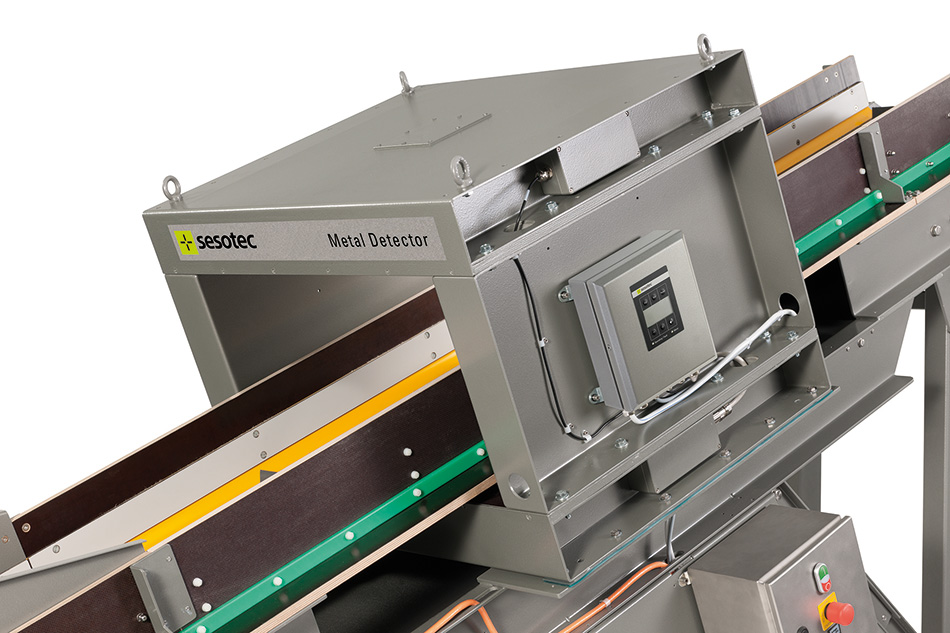
Splitable metal detector for installation on conveyor belts and material chutes
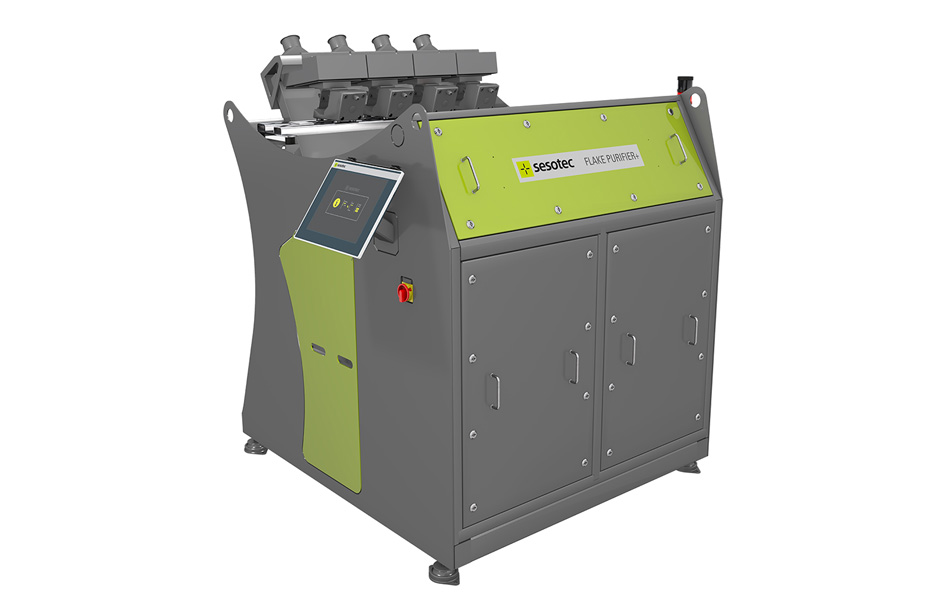
Multi-Sensor Sorting System for the Plastics Recycling Industry
Multi-Sensorsortiersysteme für die Recycling-Industrie
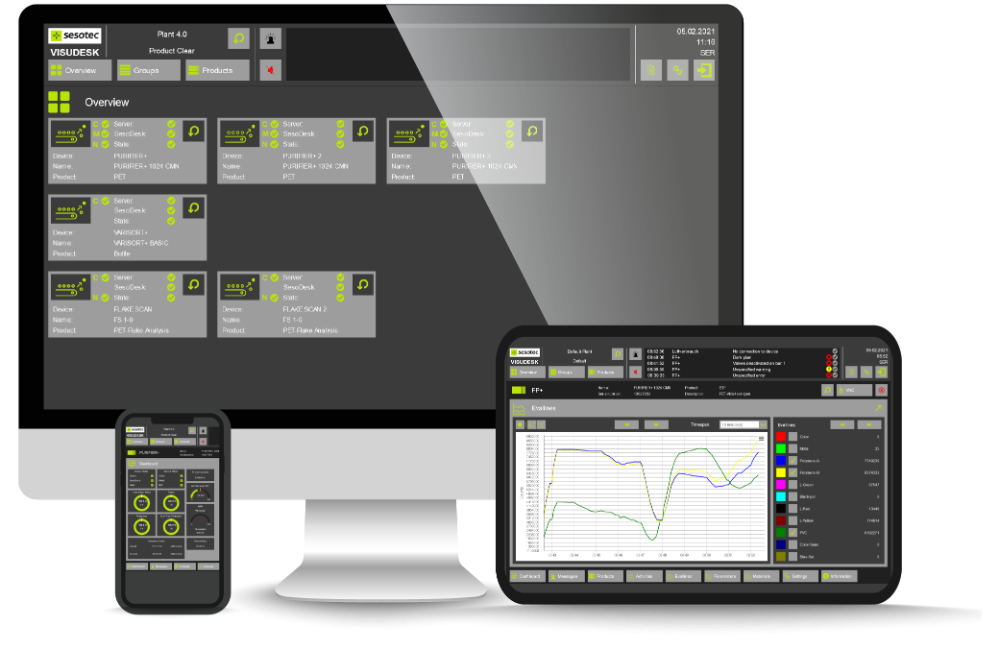
VISUDESK, the new visualisation software for sorting machines, makes your sorting processes transparent and enables direct control for higher efficiency and higher profitability.